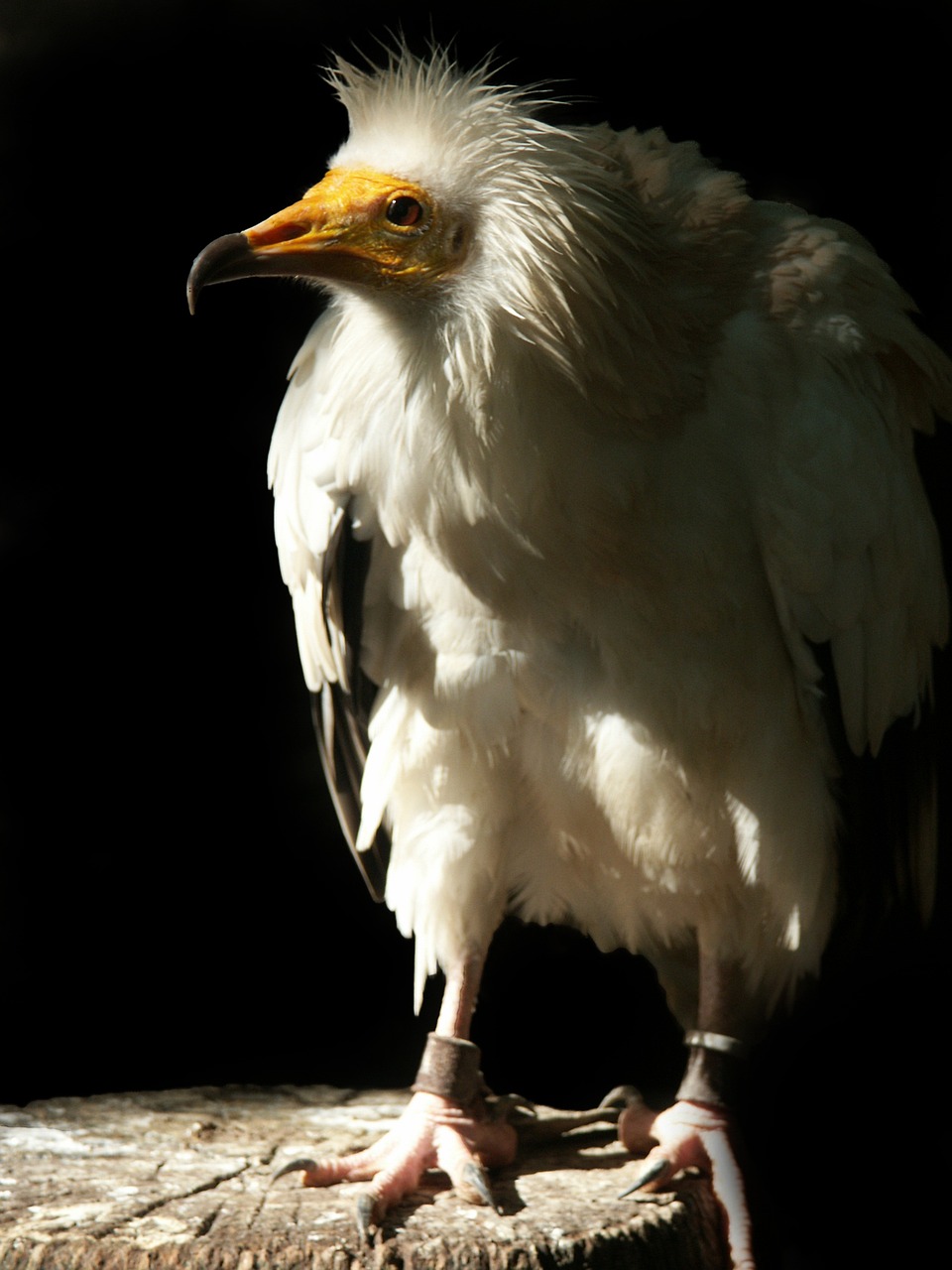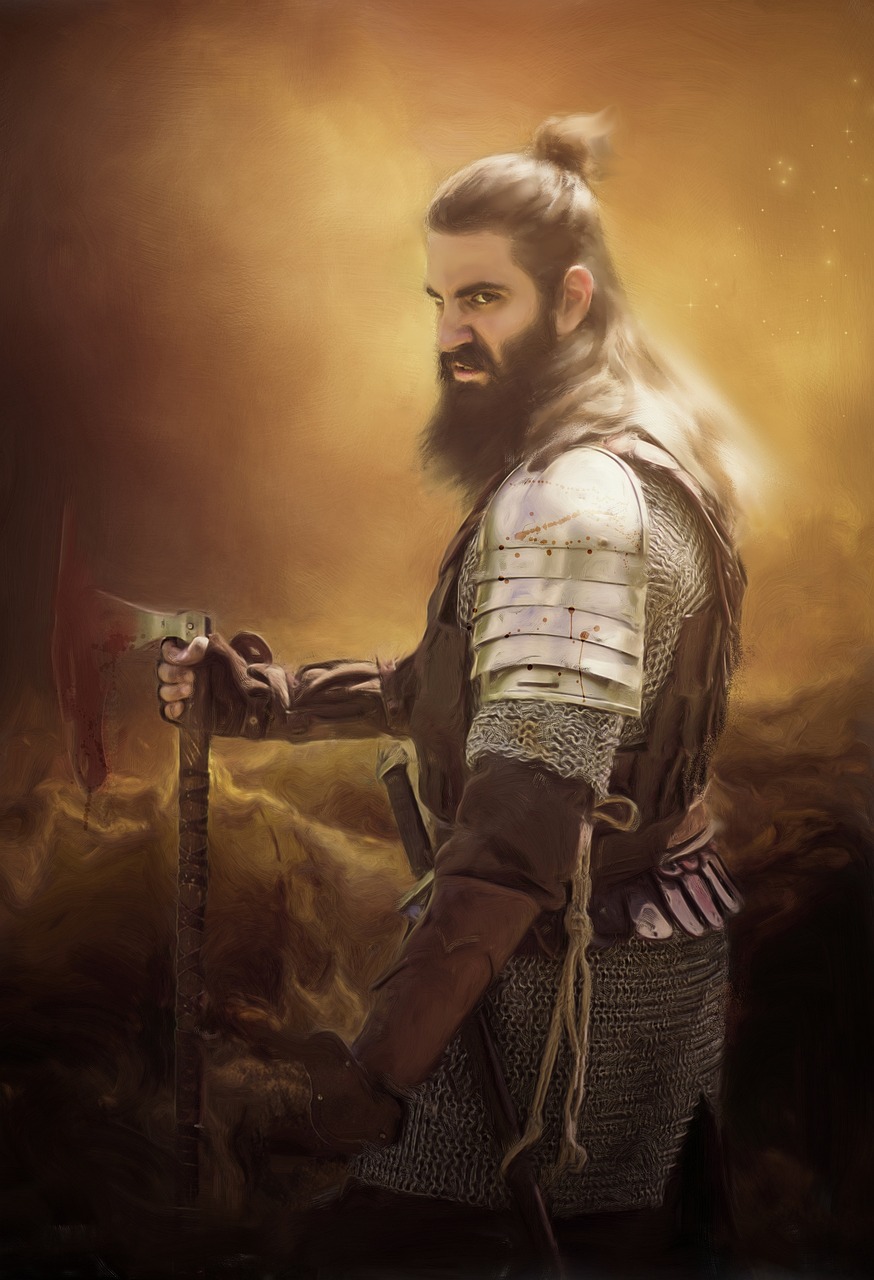-

The Timeless Allure of Egyptian Jewelry and Its Modern Relevance The ancient Egyptians were renowned for their exquisite craftsmanship in jewelry, which was thought to possess protective, empowering, and divine properties. This profound respect for jewelry as a spiritual emblem resonates with today’s luxury pieces, particularly those designed by Awe Inspired. By blending modern techniques…
-
The Irish have a unique and intimate connection with death, a bond that pervades their culture and history. As Scottish journalist Kevin Toolis poignantly notes, it’s rare to find a nation where “the dying…the living, the bereaved and the dead still openly share the world,” creating a rich tapestry of interaction during events such as…
-

Vesta, a prominent figure in Roman religion, epitomizes the goddess of the hearth and is linked to the Greek deity Hestia. In the formative years of the Roman civilization, the crucial need for a consistent source of fire created a significant reverence for the eternal hearth, which was maintained both in public and private domains.…
-

Odysseus stands out as a principal character in Homer’s epic, the Odyssey, and is one of the most prominent figures depicted in Western literary tradition. In this narrative, he is introduced as the ruler of Ithaca, the offspring of Laertes and Anticleia (who herself is the daughter of Autolycus from Parnassus), and the father of…
-

In Greek mythology, the Argonauts were a legendary group of fifty heroes who accompanied Jason on his quest aboard the ship, the Argo, to obtain the Golden Fleece. This quest arose after Jason’s uncle, Pelias, seized the throne of Iolcos in Thessaly, rightfully belonging to Jason’s father, Aeson. Pelias pledged to relinquish his throne to…
-

Apep, known as Aapep, Apepi, or Apophis, is recognized as the ancient Egyptian embodiment of malevolence, darkness, and destruction. He stands as the primary adversary of Ra, the sun god, and represents an unending threat that can never be fully eradicated. Each night, he would unleash his powerful roar, attacking as the sun journeyed through…
-

In ancient Ireland, there was a renowned king named Lir, who ruled over the seas alongside his beloved wife, Eva. Together, they welcomed four children into the world: Aodh, their eldest son, Fionnula, their daughter, and twin sons Fiachra and Conn. Tragedy struck when Eva passed away, leaving Lir and the children heartbroken. In his…
-

The Dichotomy of Heroes: Achilles and Hector The characters of Achilles and Hector represent two contrasting ideals in Greek mythology and literature, with differing receptions across cultures. The Greeks revered Achilles, acknowledging him as “the best of the Achaeans,” while they viewed Hector, a Trojan prince, as an outsider. Over time, this perception shifted, particularly…
-
Scáthach: The Formidable Warrior Queen of Irish Mythology Scáthach, a legendary warrior from ancient Irish tales, is renowned for her role as the instructor to the famed hero Cú Chulainn. This Scottish queen, translating to “The Shadow” in Gaelic, resided in a castle on the Isle of Skye, where she imparted her martial skills. Known…
-
Unraveling the Legacy of Epona: 10 Intriguing Insights About the Celtic Goddess of Equines In a moment of curiosity while indulging in the adventures of Asterix and Obelix, I began to wonder about the Roman enthusiasm for Celtic deities. This inquiry led me to Epona, a name that many recognize from “The Legend of Zelda:…


